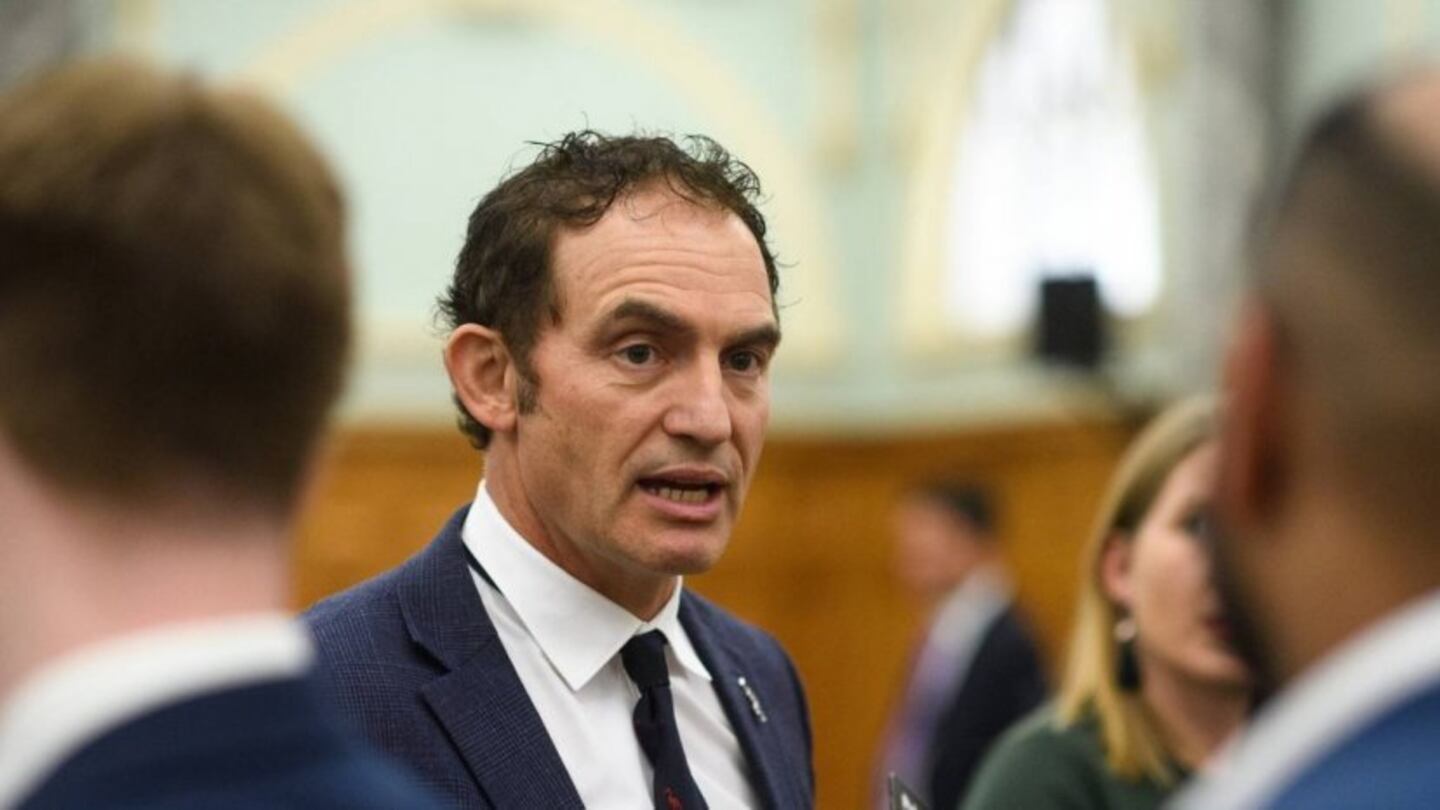Stuart Nash has resigned as Police Minister after calling his 'mate', the Police Commissioner to appeal a sentence handed down by the courts. Photo / NZME File
Prime Minister Chris Hipkins says Police Minister Stuart Nash has resigned after it was revealed the minister lobbied his 'mate', the police commissioner to appeal a sentence handed out to a criminal.
National and ACT demanded the minister's resignation earlier today, after Nash - speaking on Newstalk ZB - admitted he had spoken to Police Commissioner Andrew Coster about a sentencing of a criminal he perceived as weak.
“I’ve seen a couple of judgments, and actually one I phoned up the Police Commissioner [Andrew Coster] and said ‘surely you’re going to appeal this?’' Nash admitted to the station.
“I was wandering around telling everyone ‘if you have an illegal firearm, you could face five years in jail’.
“This bloke didn’t have a licence, had illegal firearms, had illegal ammunition and had guns without a licence and he got home detention. I think that was a terrible decision by the judge.”
Nash (although not the minister at the time) then sent a message to the judiciary, saying judges need to “read the room” on crime.
No political interference allowed
“Society is sick to death of these gang members creating havoc and we want it to be dealt with appropriately but, unfortunately, police don’t determine what happens to them once they get in court.” Nash apparently wrote.
Judicial independence is a hallmark of Aotearoa's justice system, meaning judges must be able to operate without political interference.
Ministers must not “express any views that are likely to be reported if they could be regarded as reflecting adversely on the impartiality, personal views, or ability of any judge,” according to Parliament's Cabinet Manual.
Similarly, government ministers are not to intervene in individual police investigations.
“Following a long-established principle, ministers do not comment on or involve themselves in the investigation of offences or the decision as to whether a person should be prosecuted, or on what charge.” the manual states.
A minister concerned about a sentencing decision should inform the Attorney General, it says.
'Totally unacceptable'
Convention is that if Parliament has an issue with sentence leniency for specific crimes, sentences should be revised through an act of Parliament.
Former National minister Maurice Williamson resigned in 2014 after the NZ Herald revealed he urged police to be on "solid ground" regarding domestic assault charges against wealthy businessman Donghua Liu because he was "investing a lot of money in New Zealand".
ACT leader David Seymour today demanded Nash's resignation, citing the Williamson precedent.
“It’s totally unacceptable for politicians to interfere with police prosecution decisions,” Seymour said.
“This is the Minister of Police who is responsible for securing the budget for the police force, ringing up the commissioner saying, ‘Mate surely you’re going to appeal this particular case’, it’s just totally unacceptable and if he can’t understand that, surely out of Labour’s 64 MPs they can find someone who does and make him or her the police minister.”
Speaking to reporters earlier today, Nash maintained he had done nothing wrong because he was no longer police minister at the time having completed his first stint in the role.
He had simply asked a question of his 'mate' Coster, Nash claimed.
Prime Minister Chris Hipkins says Nash’s actions were 'unwise' and the comments defending his actions were "poor judgement".
“I believe it was a serious error of judgment and therefore I have accepted his resignation,” Hipkins said.
Megan Woods will become the acting Police Minister and Nash will stay on as a minister of economic development, forestry and fisheries.


